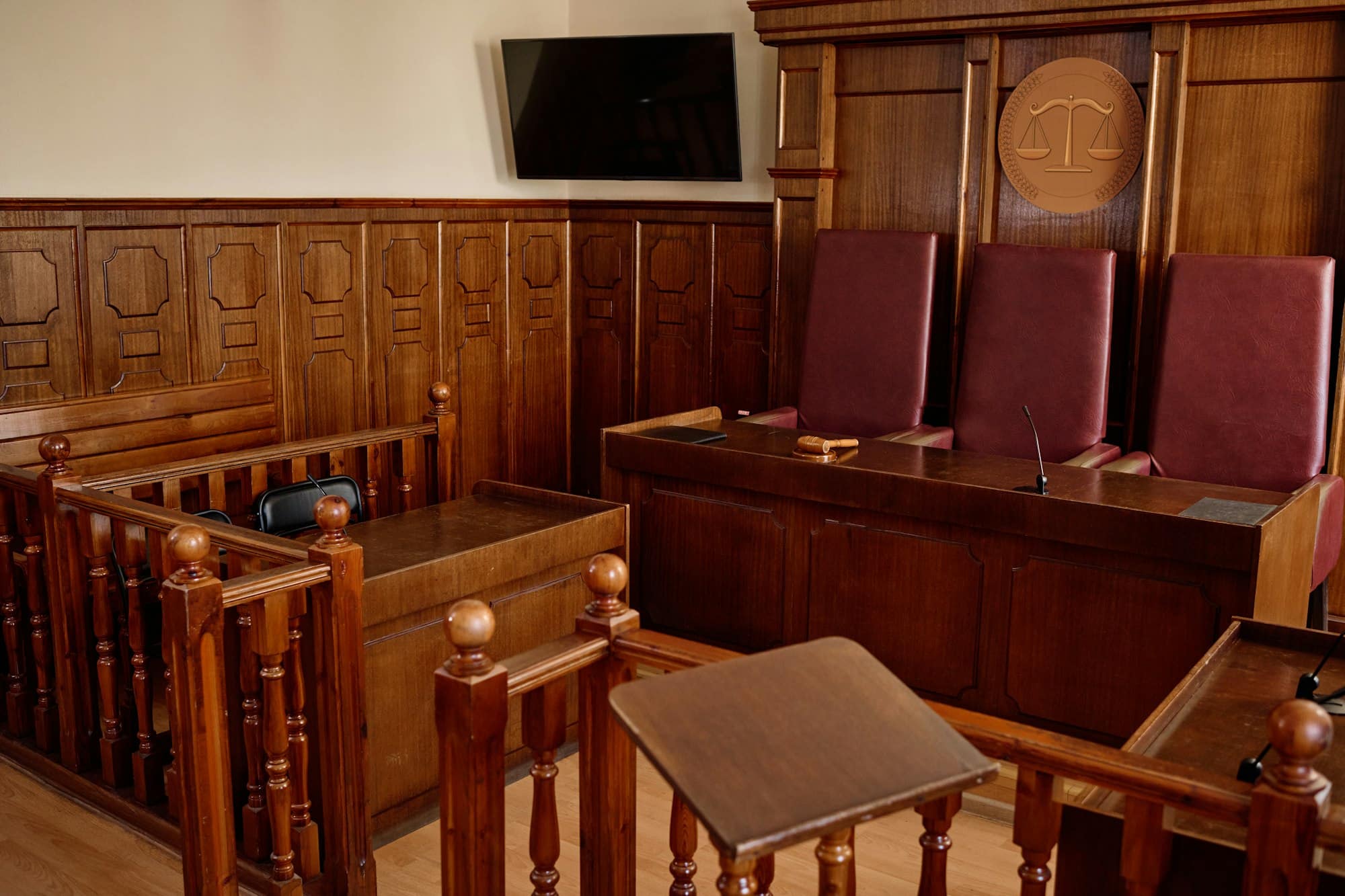What would you like to know?
As a firm that practices municipal/governmental law Williams & Associates has assisted our clients with issues related to what constitutes an “open record” available to any citizen, and what is considered protected. Governmental entities that receive a freedom of information request must take them seriously. They should immediately be forwarded to the entity’s general counsel for review and proper acknowledgment. It is also good public policy to have a written standard operating procedure adopted by the leaders of every governmental entity on how such requests will be handled. Once those procedures have been adopted it will be necessary that they be followed at every turn to avoid claims of impropriety or failure to disclose public information.
The Alabama Open Records Act (codified at Ala. Code § 36-12-40) allows the general public great latitude to view public documents. This is an important component of a free society. If the day comes that government is not accountable to its people, then those people are not truly being governed. They are in fact being subjected to tyranny. Nonetheless, there are certain statutory exceptions that apply to the “right to know” in order to protect public health, welfare, and safety. In determining the need for disclosure Alabama “courts must balance the interest of the citizens in knowing what their public officers are doing in the discharge of public duties against the interest of the general public in having the business of government carried on efficiently and without undue influence.” Stone v. Consolidated Pub. Co., 404 So.2d 678, 681 (Ala. 1981).
In actuality the Courts in Alabama do not consider the Alabama Open Records Act to be an open door to unsubstantiated requests but rather the request must be accompanied by a “legitimate or proper purpose”. Blankenship v. Hoover, 590 So.2d 245 (Ala.1991). Further, where it can be shown that the records sought contain “1) recorded information received by a public officer in confidence; 2) sensitive personnel records; 3) pending criminal investigations; and 4) records the disclosure of which would be detrimental to the best interests of the public” then said documents need not be produced and are considered to be exceptions to the Alabama Open Records Act. Stone v. Consolidated Pub. Co, Supra. The Courts of this State have further opined that a request for the records of a public entity may be denied where “the purpose is purely speculative or from idle curiosity, or such as to unduly interfere or hinder the discharge of the duties of such officer”. Holcombe v. State ex. Rel. Chandler, 200 So. 739, 746 (1941).
In essence, the Court’s will always strive in our free society to ensure that the public’s right to know the workings of government are freely and fully accessible, but in doing so the Court’s will not allow a governmental entity, or its employees, to be abused in the process. In short, every request for information should be given its due. But in the event that such requests don’t meet the legal litmus tests under the law it will be of great help to governments at all levels to have established protocols and knowledgeable legal counsel to assist them.
(Phil Williams is an Attorney with Williams & Associates, LLC. He has served as general counsel and defense counsel for a variety of governmental and quasi-governmental entities throughout his career)







